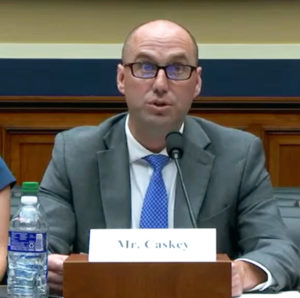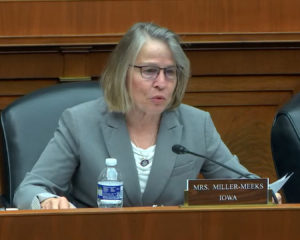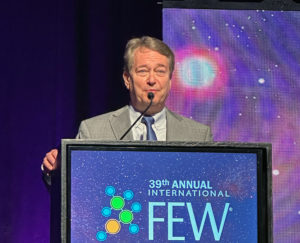 With AAA projecting that a record number of Americans will hit the road for a long holiday weekend, the Renewable Fuels Association is reminding drivers that lower-cost, lower-carbon ethanol fuel blends are better for the environment and the family budget.
With AAA projecting that a record number of Americans will hit the road for a long holiday weekend, the Renewable Fuels Association is reminding drivers that lower-cost, lower-carbon ethanol fuel blends are better for the environment and the family budget.
“Across the country, the lowest-cost fuel available at the pump is the fuel with the highest content of ethanol, whether that is E10, E15, or E85. E15 is typically sold for 15-25 cents per gallon less than E10 and up to $1 per gallon less than gasoline with no ethanol,” said RFA President and CEO Geoff Cooper. “And if you’re lucky enough to drive a flex fuel vehicle, E85 offers even greater savings. At the same time, drivers choosing ethanol blends are supporting an American-made product that is better for the environment and the air our families breathe. Renewable fuels like ethanol help our rural economy grow and are part of a balanced portfolio of products that both feed and fuel our great country. What better time to celebrate the benefits of ethanol to American families than on the Fourth of July?”
RFA is once again sponsoring the Ethanol Days of Summer fuel giveaway contest, and encouraging both motorists and boaters to get educated on ethanol and save money at the pump.
RFA Vice President of Industry Relations Robert White says the popularity of the fuel giveaway contest has grown as the availability of higher ethanol blends has grown. “More than 5,700 stations are now selling E85 across more than 3,000 cities, and more than 2,900 stations in 31 states offer E15,” said White.
Drivers are invited to report retail fuel station prices for higher blends of ethanol like E15 and E85 either through E85prices.com, or on Twitter by tagging @EthanolRFA and including the hashtags #ethanol #E15 #E85 and #fuelprices. Contestants will be entered into a random weekly drawing for a $250 pre-paid credit card to be used for fuel purchases. Each week until Labor Day, RFA will award $250 in free fuel to one lucky winner.
Learn more about ethanol in the summertime in this interview:
Interview with Robert White, RFA (5:25)












